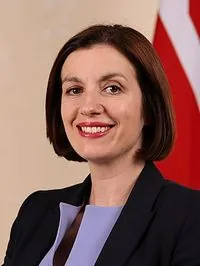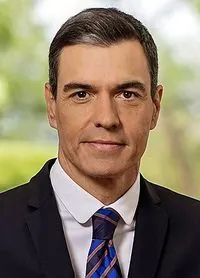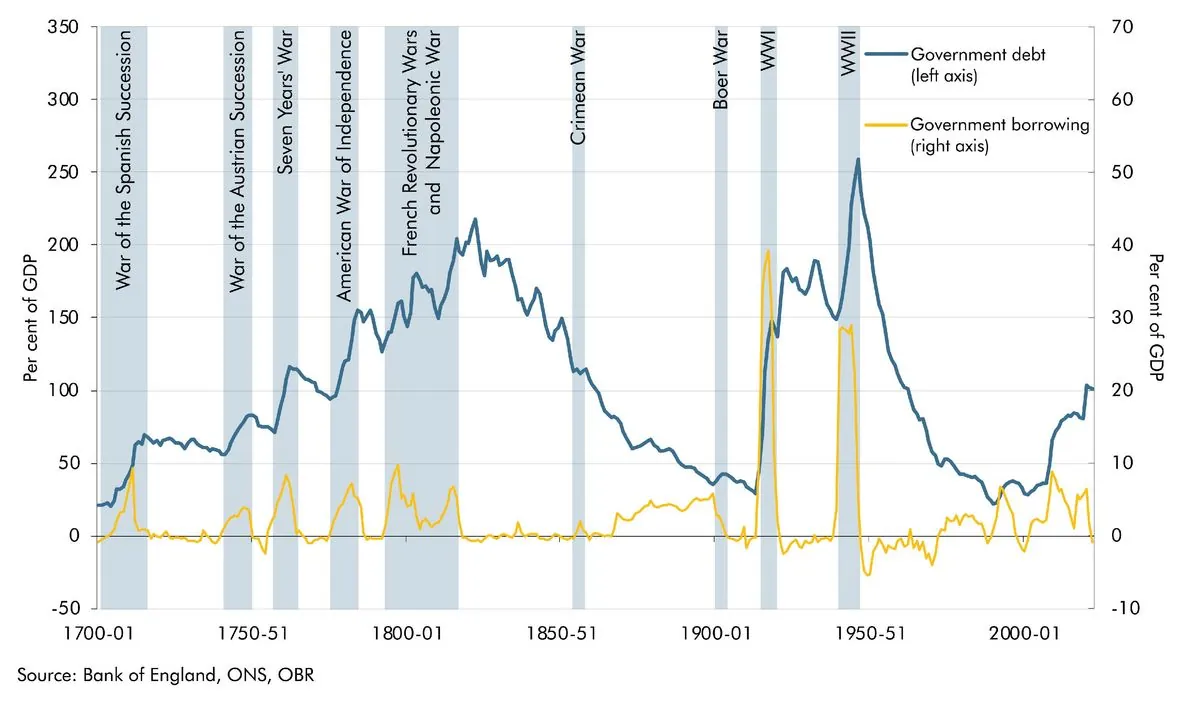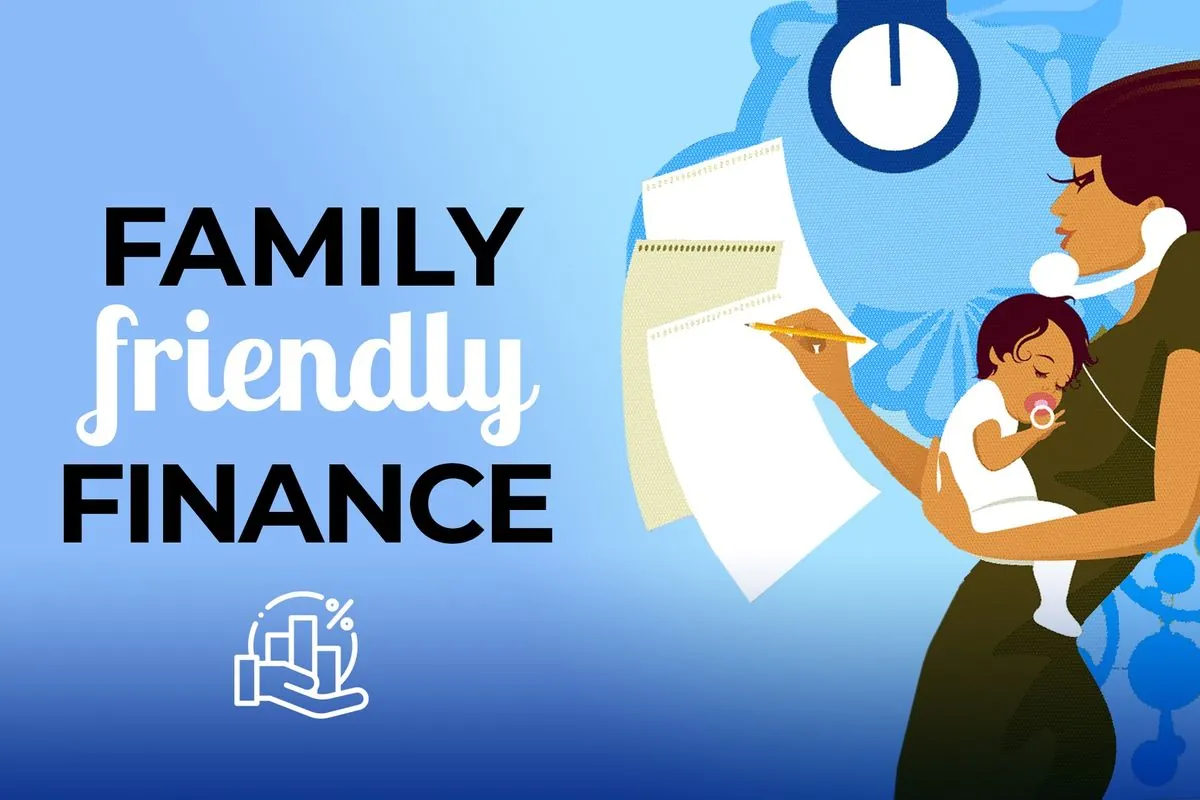Profanity in Politics: The Rise of Expletives in US Campaigns
US political discourse sees a surge in profanity, with Kamala Harris and Donald Trump leading the trend. Experts analyze the causes and potential impacts of this linguistic shift in American politics.
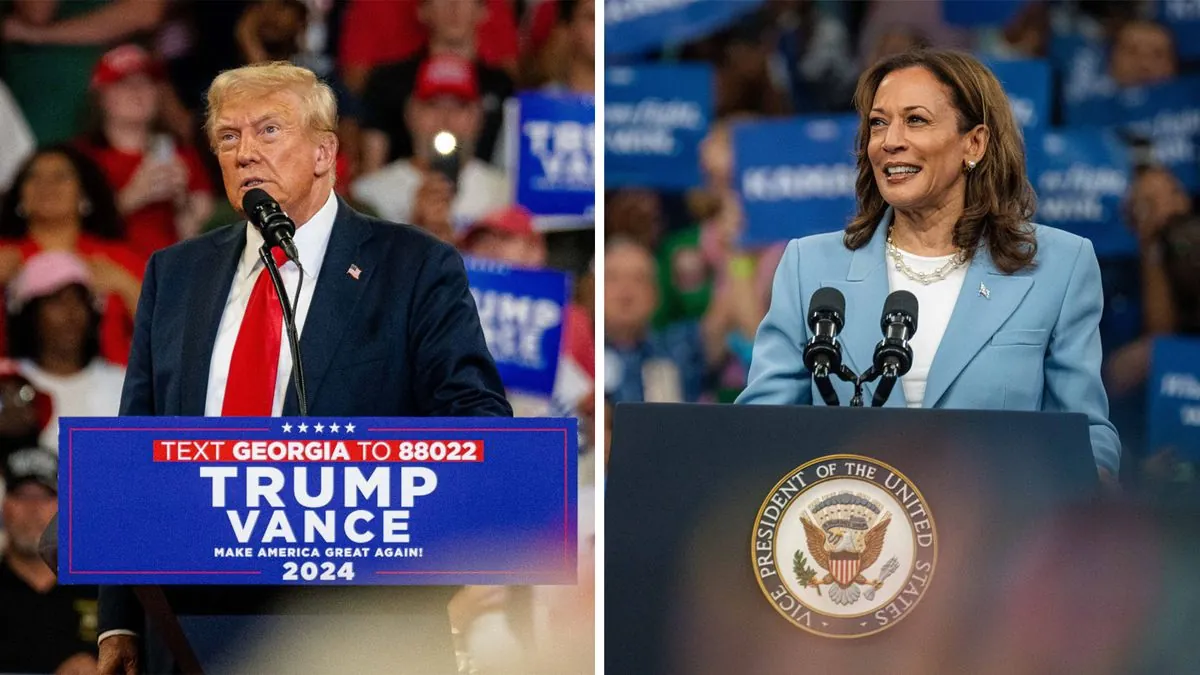
In recent years, the American political landscape has witnessed a notable increase in the use of profanity by high-profile figures. Kamala Harris, the current US vice president and Democratic presidential candidate, and Donald Trump, her Republican rival, have both garnered attention for their public use of expletives.
At a recent event for young Asian American and Pacific Islander people, Harris surprised attendees by using the f-word in her speech. This incident is part of a growing trend in US politics, where the use of strong language has become more commonplace.
Trump is also known for his unfiltered language, often using terms like "bulls---" to describe his legal challenges. This trend reflects a broader shift in American political discourse, with congressional politicians increasingly using profanity on social media platforms.

Experts attribute this rise in political swearing to several factors. Melissa Mohr, author of a book on swearing history, suggests that social media and the current polarized political climate contribute to this trend. She notes, "American politics is very apocalyptic now with the divide between the Left and the Right. Both Republicans and Democrats see the world burning for different reasons."
The increase in political profanity is not limited to a single party. Research shows that both Democratic and Republican lawmakers have significantly increased their use of expletives in public communications. This shift marks a departure from earlier eras when presidents like Richard Nixon and Lyndon Johnson reserved their coarse language for private conversations.
"When Donald Trump swears, it's always referencing an issue, an opponent or a Left-wing injustice. When Kamala Harris and Joe Biden swear, they do it for the sake of it or to try to be cool."
This trend contrasts sharply with British political culture, where public swearing by politicians is still considered taboo. James Frayne, a public opinion expert, notes that British politicians tend to self-censor more due to media norms and public expectations.
As the November 2024 presidential election approaches, it remains to be seen whether this trend will continue or if there will be a return to more restrained language. Some experts predict that the overuse of profanity may eventually diminish its impact, potentially leading to a decline in its political usage.
The rise of political profanity in the US raises questions about its impact on public discourse, voter perceptions, and the overall tone of political campaigns. As the political landscape continues to evolve, the role of language in shaping public opinion and policy debates remains a topic of ongoing discussion and analysis.












